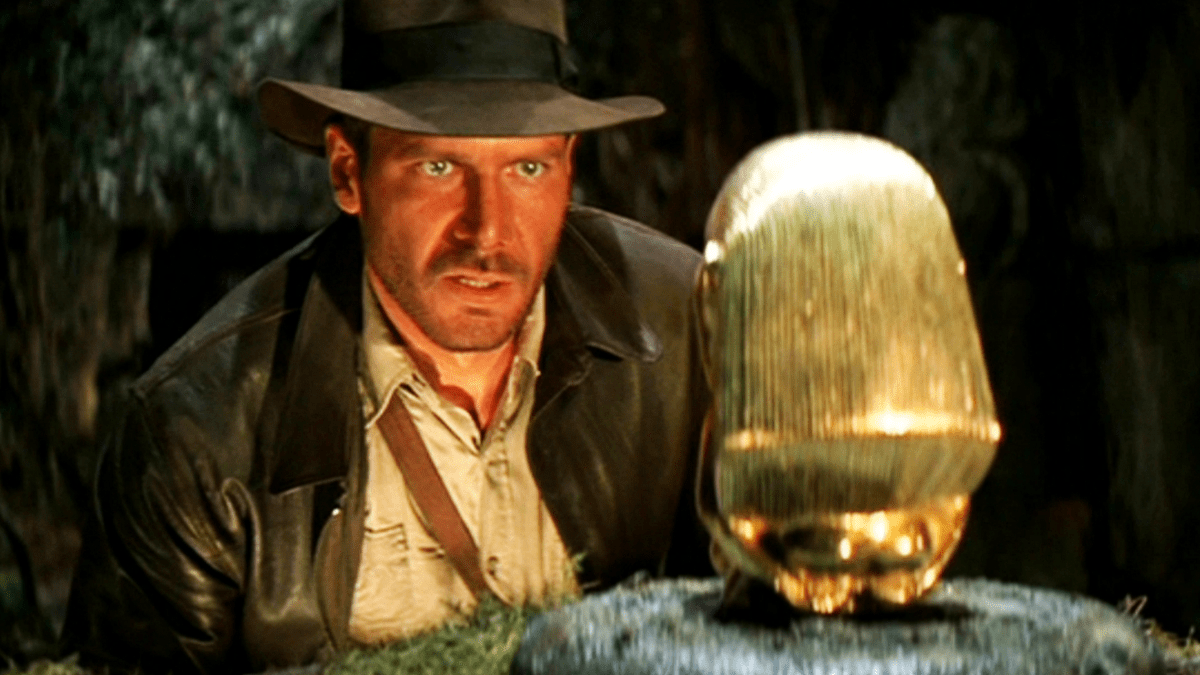Since Raiders of the Lost Ark first came out in 1981, Indiana Jones has become one of, if not the most iconic explorers in film, spanning a total of five movies, a TV series, video games, comics, and even a beloved Disney attraction.
As the fifth (and probably final) entry in the franchise, Indiana Jones and the Dial of Destiny hits theaters, it’s plain to see that viewers simply can’t get enough of the intrepid archaeologist; a lot of that love can be attributed to the comedic tone and suspenseful plot — as well as Harrison Ford’s rugged good looks, of course — but there’s something else that helps make Indiana Jones such a popular saga: the soundtrack.
I’m the first to admit I’m prone to overusing the word “iconic,” but playing the first four notes of the Indiana Jones theme, also known as “The Raiders March,” is enough to transport the listener into the world of the courageous explorer — it really doesn’t get much more iconic than that.
The theme is instantly recognizable to anybody who’s seen the films, and I’d wager even those who aren’t very familiar with the franchise would be able to hum the tune, too. Creating a score is easier said than done, especially one that suits the property as perfectly as “The Raiders March” does, but the composer behind the classic tune seems to have an easier time than most.
John Williams is behind some of the most recognizable film scores of all-time
Composer John Williams is the mastermind behind the Indiana Jones theme, and has been writing music for films since the 1950s. Known for his epic, orchestral compositions, Williams may be the most famous contemporary composer, and has been responsible for some of the most popular soundtracks of all-time. Aside from composing every Indiana Jones installment, Williams has also composed the score for every mainline Star Wars movie, the first three chapters of Harry Potter(you can thank him for “Hedwig’s Theme“), as well as the likes of Jaws and Jurassic Park.
After composing smaller projects, Williams first shot to prominence with his score for 1967’s Valley of the Dolls, and received his first Academy Award just a few years later for Fiddler on the Roof in 1971. He began a decades-long working relationship with Steven Spielberg in 1974, when he worked on the director’s debut feature Sugarland Express, and he would go on to score many of Spielberg’s most popular hits. Spielberg then introduced Williams to his friend George Lucas, who was looking for a composer for Star Wars: A New Hope, leading to Williams working the franchise for the next 40+ years.
At 91 years old, Williams is still a working composer, although he is a bit more selective when it comes to his work. He most recently composed the score for Indiana Jones and the Dial of Destiny, which is sure to delight movie-goers while simultaneously haunting Harrison Ford in doctor’s offices.

